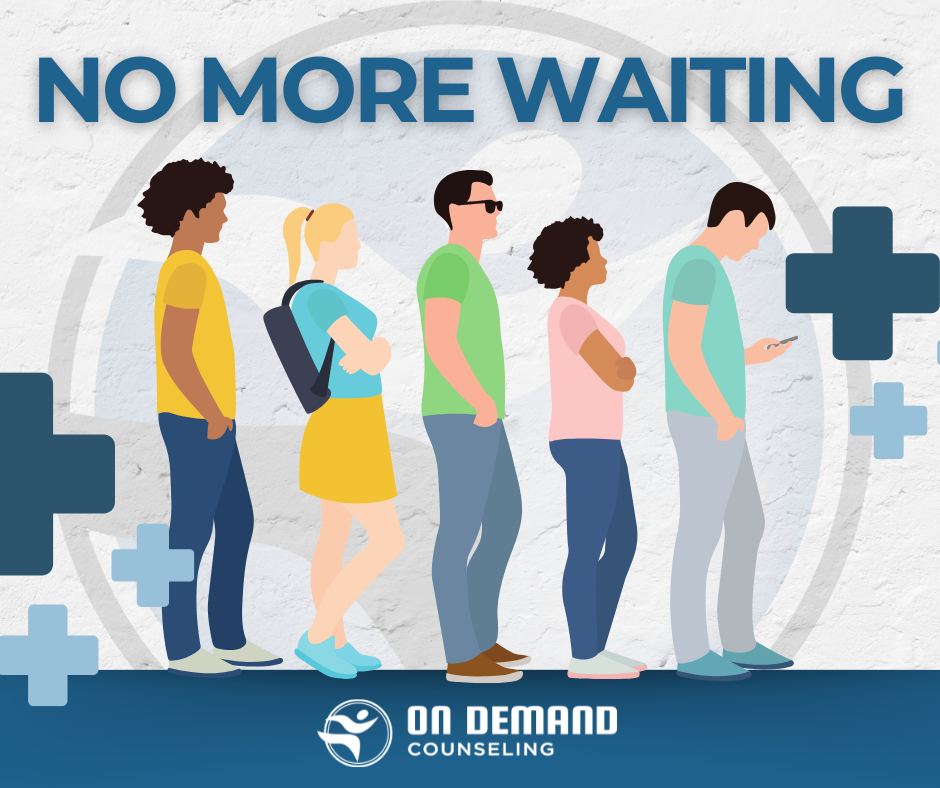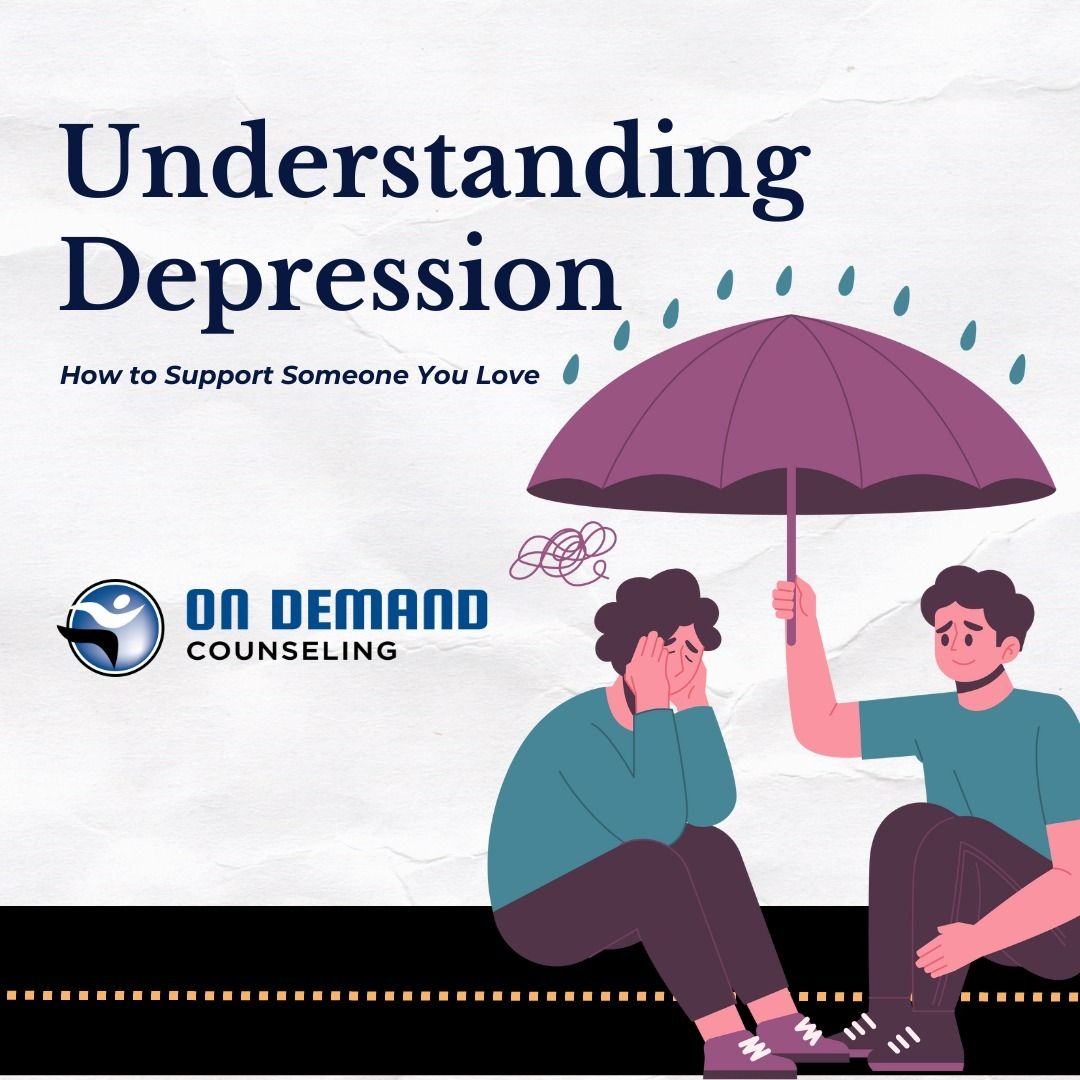How Does Outpatient Rehab Work?
 Addiction is a chronic disease that can take over a person’s life and wreak havoc, and the road to recovery is complex. Each person responds differently to treatment, and there is no one-size-fits-all treatment. Often, someone who succeeds in getting sober takes multiple approaches and attends some form of care on an ongoing basis. Substance use disorders are chronic illnesses, so there isn’t a finite cure. Abstinence needs to be cultivated long term, and outpatient rehab can be a great start, as well as being necessary for maintenance.
Addiction is a chronic disease that can take over a person’s life and wreak havoc, and the road to recovery is complex. Each person responds differently to treatment, and there is no one-size-fits-all treatment. Often, someone who succeeds in getting sober takes multiple approaches and attends some form of care on an ongoing basis. Substance use disorders are chronic illnesses, so there isn’t a finite cure. Abstinence needs to be cultivated long term, and outpatient rehab can be a great start, as well as being necessary for maintenance.
What Is Outpatient Rehab?
When you attend an outpatient treatment program, you attend a clinic at set times throughout the week and go back home after each one. You regularly check in with your counselors for therapy and medication while being given the freedom to continue with work or education and stay with your family. Often, the content of the program is similar to what you’d experience in residential rehab but without the restrictions.
You and a medical expert decide the intensity of the program you attend. General outpatient care usually involves attending a treatment center once or twice a week for group therapy, and sometimes individual substance use counseling, too. During an intensive outpatient program, you attend the clinic on a more regular basis, attending group and individual therapy. If you’re on a course of medication, this can be administered and overseen by a professional on any type of outpatient care plan.
The Benefits of an Outpatient Treatment Program
- If you’re part of a family that supports your recovery, staying with them could be the most effective option for your recovery. Support from your loved ones is hugely encouraging, and for some people, being away from them can be detrimental.
- Once you’ve finished treatment in a residential setting, it’s a good idea to step down to outpatient rehab and continue attending group and/or individual therapy indefinitely.
- People with a young family or sole responsibility of a dependent might not be willing or able to leave them. In this case, you can attend treatment while staying close to the people who need you most.
- In many cases, addiction has taken hold but hasn’t reached the point where you’ve stopped attending work or school. If you still have responsibilities you need to take care of, outpatient rehab is a perfect choice.
- For some individuals, the idea of being in a rigid inpatient environment is off-putting. Outpatient rehab gives you a level of autonomy while still providing the structure you need to recover.
- Outpatient rehab is a more affordable option compared to a residential treatment center. A lot of the time, insurance covers a large percentage of the costs.
- After attending therapy, you can go back to your family, friends and home life and apply what you’ve learned to your everyday life. In an inpatient setting, the step back into daily experiences can be daunting.
Outpatient Addiction Treatment in Ohio
Making the decision to begin treatment for addiction isn’t an easy one. If you have any questions or want to speak to an expert about what you’re going through, call On Demand Counseling today at 330-270-8610.
Quick Links

Contact Us
We’re here to assist you. Contact our dedicated support team for any inquiries or assistance you may need.






